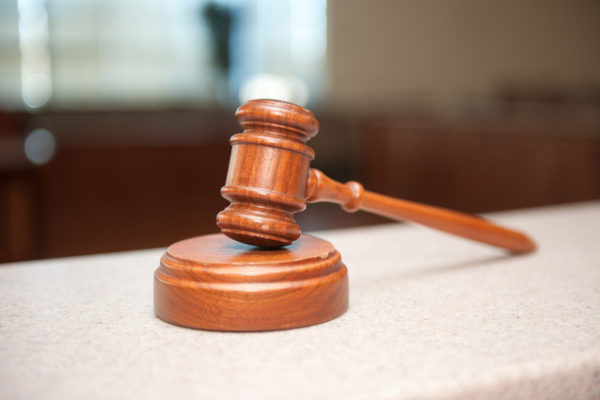On October 25, 2016, Best Choice Home Health Care Agency Inc. (Best Choice) and its owner Reginald King agreed to pay $1.8 million to resolve allegations that Best Choice and King violated the False Claims Act by paying kickbacks for the referral of Medicaid-covered patients for home and community-based healthcare services. Best Choice is based in Kansas City, Kansas.
This settlement resolves allegations that resulted from a kickback arrangement between King, on behalf of Best Choice, and Christopher Thomas who transported patients from their homes to healthcare facilities in Kansas City. According to the Department of Justice, Thomas was paid a total of $58,000 for new patients referred to Best Choice from July 1, 2010 through December 31, 2014. Best Choice then submitted claims to Medicaid for home health services provided to patients procured by this illegal kickback arrangement. The alleged kickback arrangement directly compensated Thomas for each hour of service that Best Choice billed Medicaid.
In an interesting twist, the case was originally filed under the qui tam, or whistleblower, provisions of the False Claims Act by Christopher Thomas, the transport driver who received kickbacks for referrals. The False Claims Act allows individuals with knowledge of fraud against the government to file a civil case on behalf of the United States. If the United States recovers funds based on the whistleblower’s information, the whistleblower is entitled to share in the recovery. In this case Thomas will receive $43,178, which represents 10 percent of the federal share of the settlement, minus the amount Thomas received in kickbacks during the duration of the scheme. Typically, successful relators are entitled to receive a minimum of 15 percent of a recovery. However, this percentage can be reduced in cases such as this where the whistleblower was involved in the fraud.
The Medicaid program is a jointly-funded federal and state program. Therefore, the United States and Kansas will split $1.8 million settlement. The United States will receive $1,011,780 and the state of Kansas will receive $788,220.






Talk with an Expert
Frohsin Barger & Walthall
Call 205.933.4006 or
Send us a Message